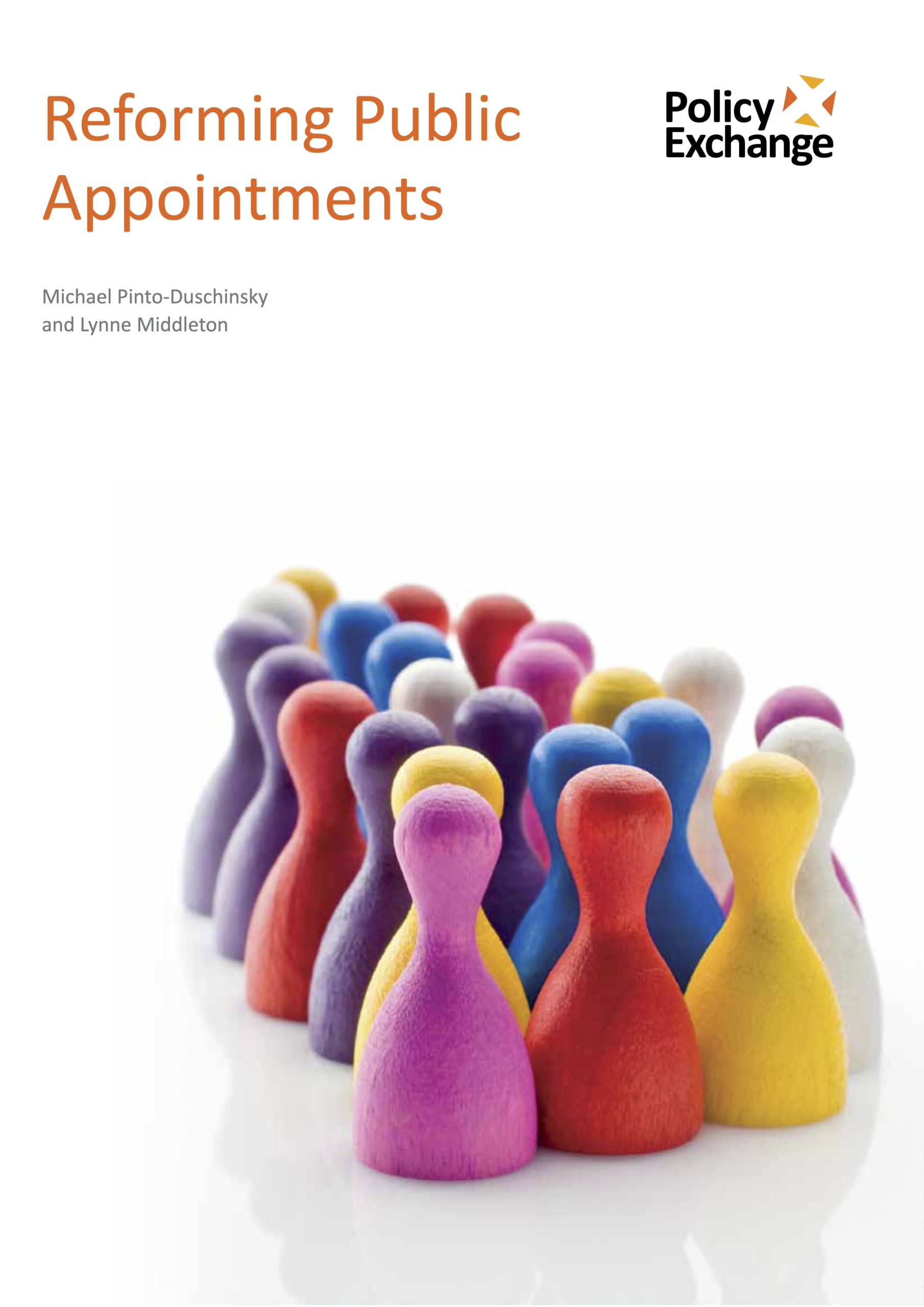
Reforming Public Appointments
There is a marked under-representation of people from working class communities in many public offices, including the Houses of Parliament and among local magistrates.
Reforming Public Appointments says that equality policies set up under the last government are failing to promote people from working class communities to public office. The Equality Act 2010 stipulated a number of protected factors including gender, race and disability, but no reference was made to socio-economic background. It calls for an immediate inquiry to determine the scale of the problem.
The report warns that current diversity policies are far too narrow, focusing rightly on gender, disability and ethnicity, but ignoring class. It found:
- While the number of female and minority ethnic MPs has risen since the end of the 1970s, the percentage of manual workers in parliament has substantially diminished – from 98 (16%) in 1979 to 25 (4%) in 2010.
- The number of women acting as local magistrates, for example, still needs to increase by more than 40% of above their present number before they reach parity with their percentage in the general population. For ethnic minorities there would need to be an increase of some 150% to achieve parity. But for those in routine and manual occupations the increase needs to be no less than 873%. In other words, they are nearly 10 times under-represented.
- The panels that select public appointments are almost entirely made up of middle class professionals (96%). Not a single person came were from a manual or routine occupation. While it is expected that those selecting the next British judge to Strasbourg would have a professional understanding of law, there is no such requirement for lay magistrates, school governors or volunteers visiting prisons as independent monitors.
This report recommends an extension of the entire “equalities policy”. An inquiry should be set up in the next three months with a report six months later. It should be run by the Government Equalities Office and the Equality and Human Rights Commission and should report on the facts about the percentage of public appointees from routine and manual occupations, recommend special initiatives to encourage such appointments and set out how socio-economic equality will be made an integral part of their future work. The new policy should not involve quotas, ‘targets’ or legislative stipulations, but instead special initiatives to encourage under-represented groups to apply for public office.
The report also calls for greater transparency about the membership of interviewing panels for public appointments, and to avoid the overabundance of civil servants on these panels, to ensure that there are no underlying prejudices or inherent bias in the selection process.


